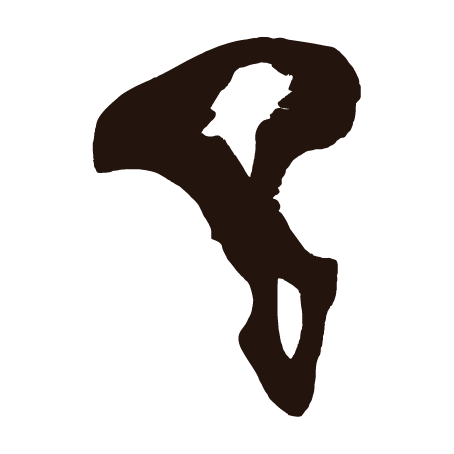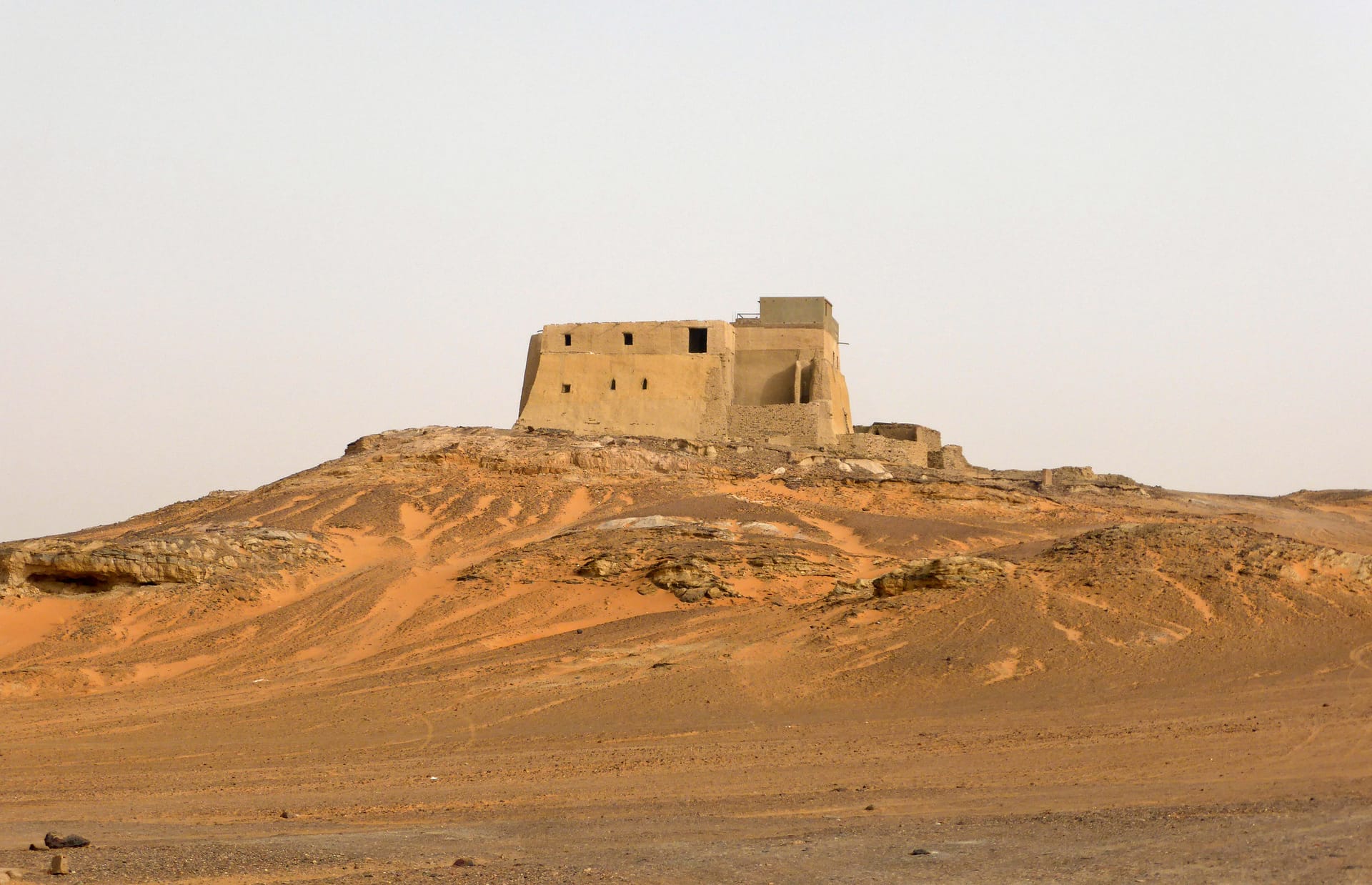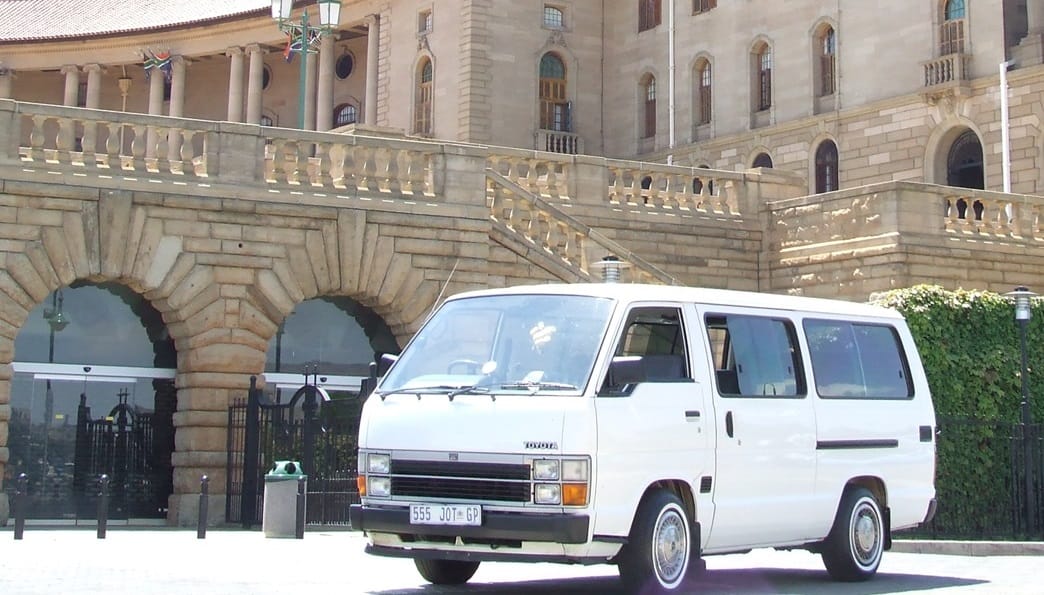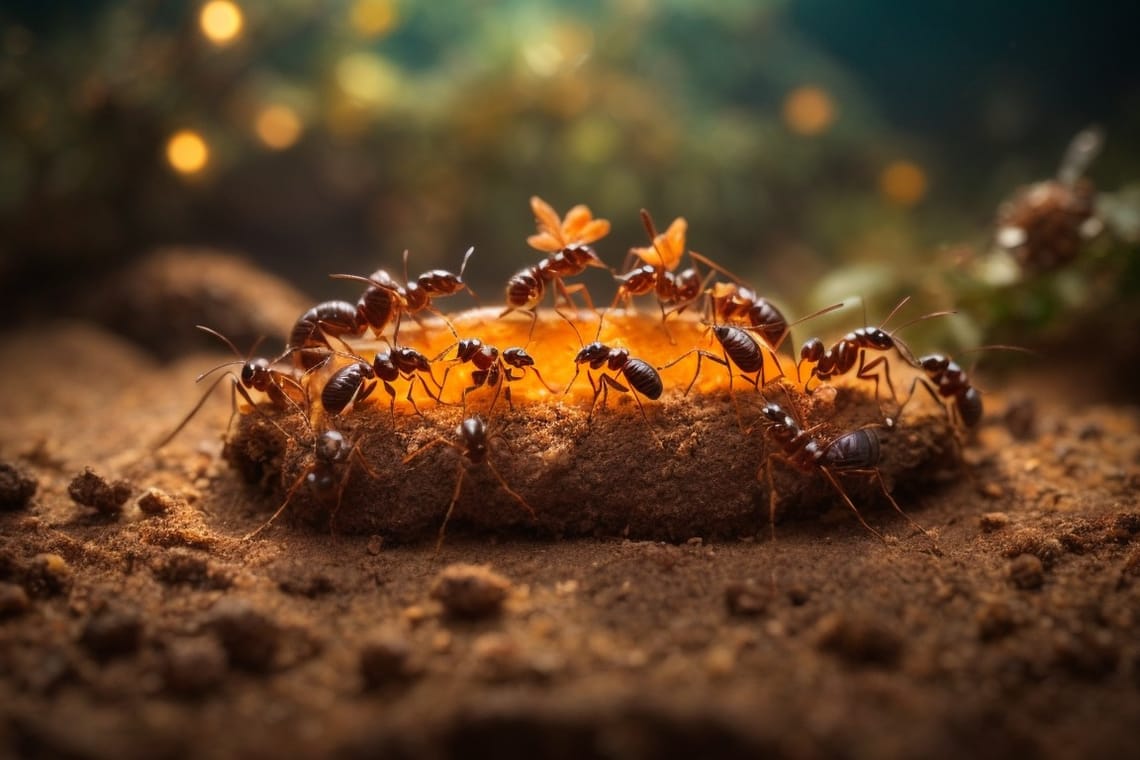Let me go back to what the university exist for, society has seen it fit to create institutions of knowledge productions and where that knowledge production will be batiste by a research. So, you have knowledge production and dissemination which is in the form of teaching; and you have that research that informs that, but a research is supposed to assist in addressing societal problems. Because when society has challenges it tries to give it to the best minds in that society. That is why we end up with institutions of higher learning.
If you go to American University where I have been, you will find that the type of research that they do speak to what they call American problems, whether they are economic problems, social problems, and all that. So, you can locate the source of intellectual inspiration of the research to the interest of American people.
I you go to Britain you find the same thing, you go to Japan or China is the same, so you find that those institutions perform the function that the university is supposed to do. But you come to South Africa or Africa what we do we try to mimic what the other people are doing and this is why you often find that most of our engagement with in the public space as academics does not speak to the black condition, the black condition of poverty and development. It becomes government that does that, but you would have expected that the government that put lots of money into this institution will expect particular interest by our universities. But most of us as academics we try to prepare ourselves to teach abroad in the UK and all that.
Going back to what late Herbert Vilakizi said … when an African gets educated he/she become Europeanized but the Germans reman Germans. And also, when you talk about a decolonized curriculum, it should be a curriculum that does not distance itself from the people. There are skills that you will always get irrespective wherever you go. I mean the Germans will study they own history, but the research skills, the issues of analysis and skill they get in their own space; like Americans, when go to United States you find that most of the history, they study is really the history about themselves but there, there are skills that you acquire.
But when you come to our continent, we study other people’s history to acquire those skills. So, it does not make sense because you can still use you own history. Because as Africans we are more of objects, we are presented as objects of history rather than subjects of history. We are not history making people, history happens on us. And other people write about ourselves and then we study what they have written and that carries weight. If you were to write a book about South African history and white person were to write a book South African history, white person is more likely to be taken seriously which the nature of our colonial imprint.
But we are also saying there are also elements that are universal. I am a physicist by training and I did mathematics. And; I taught mathematics in the universities in this country and abroad. Those are subjects that are a language themselves but you can still teach those subjects in your own language. If you go to Germany, they teach mathematics in German. You go to UK they teach it in English, you go to Japan is in Japanese. The same principle, but when you come to Africa it always has to be a colonial language. And what it does, language creates a distance to what it is taught. I mean … Professor Makgoba has an interesting example that he gives that when he went to the UK, he discovered that even though he did this poem on Dovedale, it was only when he got to the UK, he discovered that Dovedale are not birds they are flowers. But what this say is most of the stuff we learn is decontextualize and disconnected to our reality.
As physics students, in Naledi … Soweto, I used to get textbooks written and this is American textbooks, they will be talking about an ice hockey, and I would not know what they are talking about. I will have to imagine what is before I could answer a simple question. So, we spent more time imagining things. And when you go to the US, you look at the questions, the students will relate to the questions that are used. Because those are everyday examples but in Africa because we copy and assume what comes from elsewhere most of us look at reality through lenses that are out of focus.
And when that happens you become almost disadvantage inadequate you cannot excel. I will also give an example about my area of science that when science started the language of science was Latin and Greek. And then people in Europe began to ask that this is very interesting methodology of understanding nature. How do we make it accessible to our people? And, the answer was very simple that you make accessible thought their home language and immediately all countries in Europe began to popularize the language of science through their home languages. This is why when you go to Germany you study in German, when you go to France you study in French, when you go to England is in English. When you go to Russia you study in Russian.
It is only in Africa you find that we don’t study in our own languages. And, they have discovered that when you do that create a pedological difficulty for the kids. There is research that was done where they were saying kids in South Africa cannot even read meaningfully and they are saying they cannot read English meaning fully. But those kids when you talk to them in their own languages they understand. We don’t see our kids when we speak to them to be handicapped but because you have to subject them to the language that is not their own you create a huddle. So, if we were to have African universities, those African universities must also be universities that are located in the continent, responding to the continental challenges, responding to our real challenges. Our source of intellectual inspiration should be the problems that we have.
Professor Sipho P. Seepe: Higher Education & Strategy Consultant




